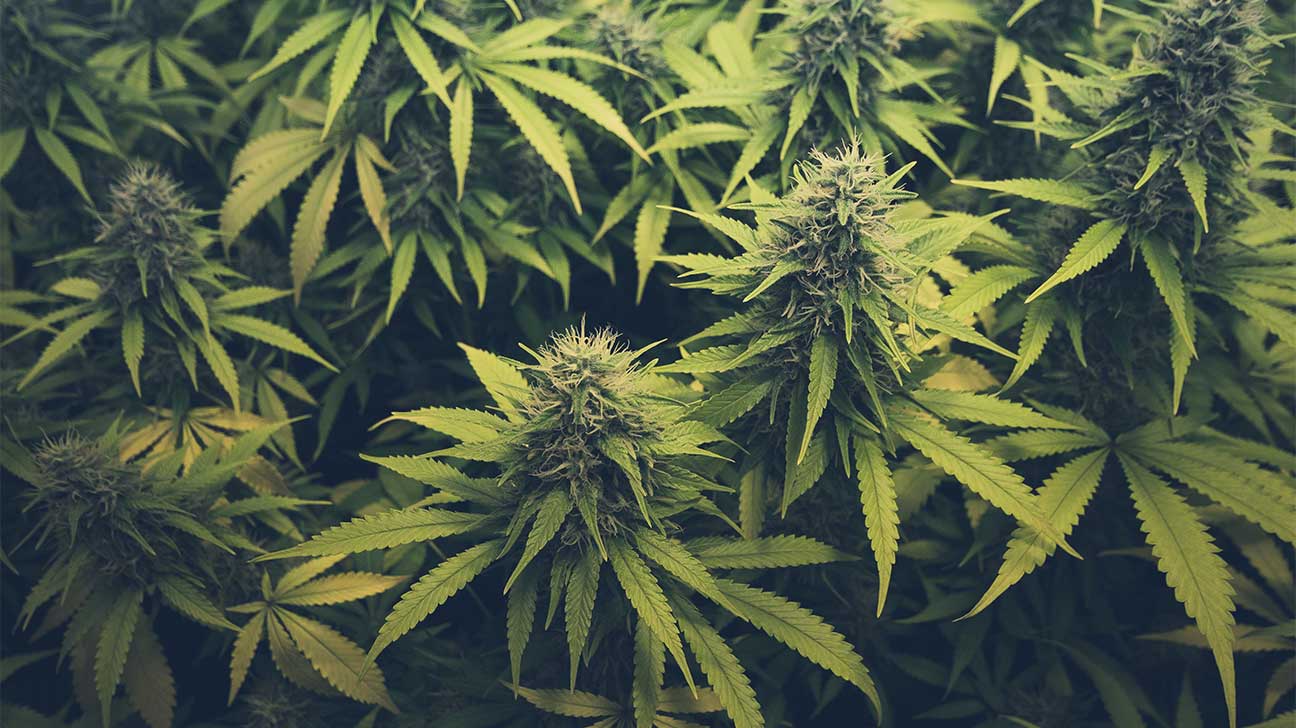
Although there is a common misconception that cannabis is a non-addictive drug, it has a high potential for abuse for many people who consume it.
The continued legalization of marijuana throughout the United States has given millions of citizens access to the drug who may not have previously had it.
Despite cannabis’s potential to help people with health issues ranging from depression to seizures, it is not for everybody and should be consumed only under a doctor’s supervision.
For people who do use marijuana and develop an addiction, an experimental new drug may be the key to helping them achieve sobriety.
The Potential New Cannabis Addiction Treatment
Although there are some behavioral treatments available for cannabis use disorder, the rise in marijuana consumption has led to a growing demand for increased treatment options.
Researchers are making headway through clinical trials of a new drug, currently called AEF-0117.
A small study of 29 adults found that this new medication reduced the effects of cannabis by 20% to 38%, with no significant side effects.
Similar to current medication-assisted treatment (MAT) options for opioid or alcohol abuse, AEF-0117 binds to cannabinoid receptors in the brain to block the positive effects of the marijuana “high.”
Researchers are currently gathering a larger group of participants for a second study, the results of which should be out later this year.
What Is Marijuana Use Disorder?
Marijuana use disorder is a form of addiction that develops in about three out of 10 people who use cannabis on a regular basis.
Increasing societal acceptance of marijuana use can make it difficult to seek treatment, but marijuana use disorder is a very real condition that affects millions.
Signs of marijuana use disorder include:
- trying and failing to quit cannabis use
- cravings for marijuana
- spending excessive amounts of time or money getting marijuana
- using cannabis despite negative effects on school, jobs, or relationships
- showing less interest in or abandoning hobbies and activities
- needing to consume more marijuana to achieve the desired effects
- having withdrawal symptoms after stopping cannabis consumption
Continued cannabis use can also lead to health issues like impaired memory or attention span as well as an increased risk of lung problems.
The potential for impaired cognitive function and other health problems is significantly higher among adolescents who abuse cannabis.
Facts About Cannabis Abuse
Cannabis is the most popular illicit drug anywhere in the world, with around 147 million people, or 2.5% of the population, consuming it yearly. For comparison, only 0.2% of people use cocaine.
The legalization of cannabis in many parts of North America has led to lower prices and easier access to the drug in addition to drastically more potent strains available in dispensaries.
One study found that average THC levels in dispensary cannabis strains nearly doubled between 2008 and 2017, with a jump from 9% to 17%.
These high-potency marijuana strains may lead to marijuana dependency more quickly. Cannabis abuse can also have severe negative consequences for people with anxiety, schizophrenia, or other mental disorders.
Cannabis can lead to worsened performance at school or work and may affect driving ability for as long as 24 hours after use.
Current Treatments For Marijuana Use Disorder
There are currently no medications on the market for marijuana use disorder treatment, but there are some behavioral therapies used to help people recover.
Detoxification and inpatient treatment for cannabis abuse is rare, but people trying to quit marijuana use often attend outpatient programs.
On average, adults who enter treatment for cannabis abuse have been consuming marijuana for more than 10 years and have attempted to quit six times.
Common marijuana use disorder treatments include:
- cognitive behavioral therapy (CBT) and other forms of individual counseling
- peer support groups like Narcotics Anonymous (NA)
- contingency management
- motivational interviewing (MI)
Find Help For A Substance Use Disorder
If you or a loved one has been battling with drug addiction, you are not alone. There are many different facilities and therapies ready to help. Learn more by contacting Detox Rehabs today.
Article Sources- Centers for Disease Control and Prevention (CDC)
https://www.cdc.gov/marijuana/health-effects/addiction.html - National Institute on Drug Abuse (NIDA)
https://nida.nih.gov/publications/research-reports/marijuana/available-treatments-marijuana-use-disorders - Nature Medicine
https://www.nature.com/articles/s41591-023-02381-w


